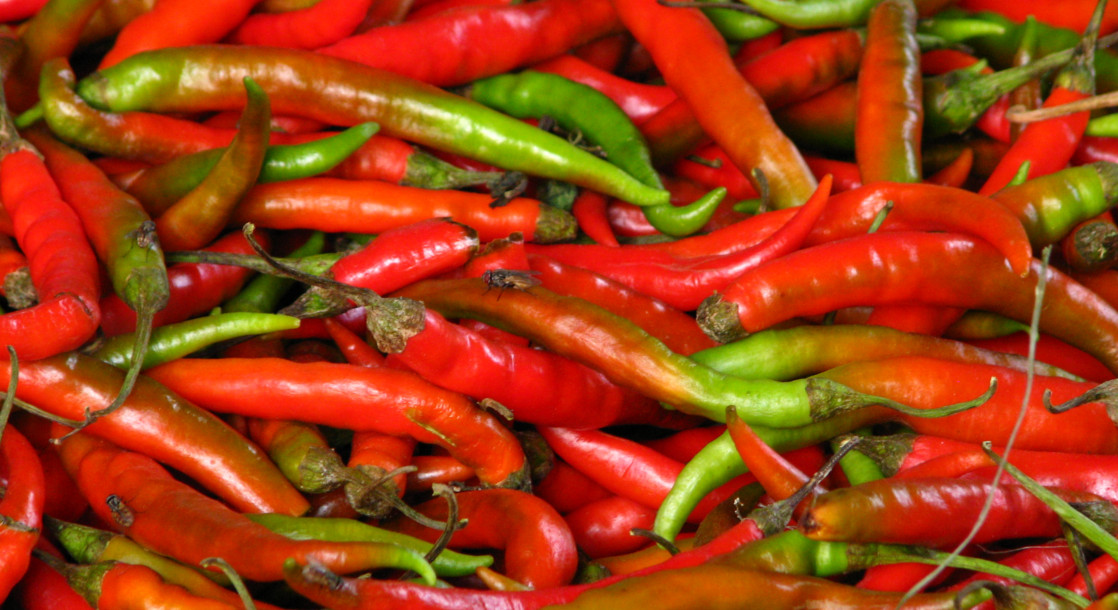On the surface, chili peppers and marijuana may not seem to have much in common. One burns your mouth when you consume it, while the other is burned to make the taste of chili peppers even more enjoyable. That’s about where the similarities start and end, right? Not so fast, pepper and cannabis connoisseurs!
Researchers from the UConn Health School recently discovered that that capsaicin, the chemical compound that gives chili peppers their heat, produces anandamide in the stomach. This produced compound is chemically comparable to those found in marijuana, surprisingly showing that cannabis could be beneficial to reducing stomach inflammation.
Pramod Srivastava, the co-author of this recent study, believes that their findings suggest that both cannabis edibles and chili peppers could help treat type 1 diabetes, as well as colitis. The results have also raised further questions about how the immune system, gut, and the brain are interconnected.
The research team administered the capsaicin compound into mice with type 1 diabetes, and discovered that it targets and binds to a receptor called TRPV1, commonly found in the gastrointestinal tract. This chemical reaction created more anandamide, and also recruited anti-inflammatory white blood cells to go to work.
The team claims that anandamide is chemically similar to cannabis compounds, which binds to the cannabinoid receptors in the brain. This seems to indicate that edible marijuana could possibly reduce gut inflammation, and thus potentially help treat type 1 diabetes.
“Exogenous cannabinoids such as marijuana exert their influence through cannabinoid receptors. Endogenous cannabinoids such as anandamide (AEA) function through the same receptors, and their physiological roles are a subject of intense study,” the researchers state in the study.
The researchers believe that future studies should be conducted on how edibles impact human gut inflammation. According to Srivastava, he’s hoping to work with Colorado’s public health authority to figure out whether cannabis use has translated into anti-inflammation of the stomach.











